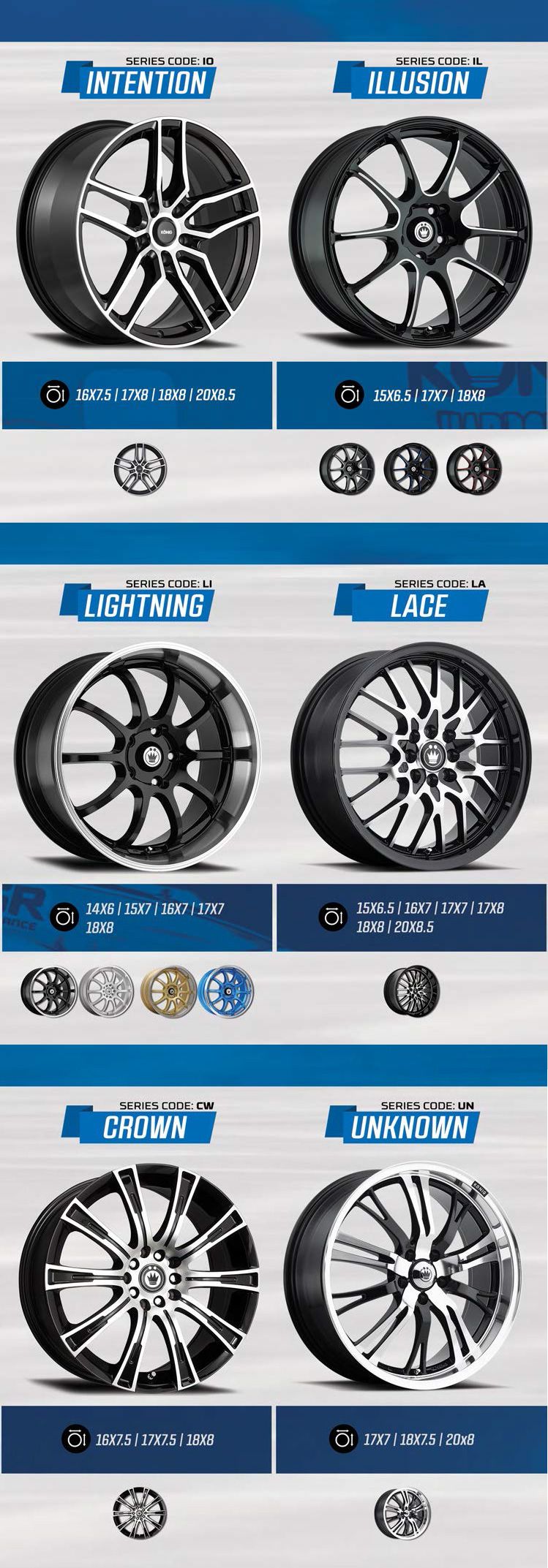-
100% Authentic Products
The best on the market
-
Built by a rider
With riders in mind
-
Win the best motorcycles
Every $1 spent is 1 entry
-
Up Front and Honest
Any delays you will contacted
Instruction
×

















